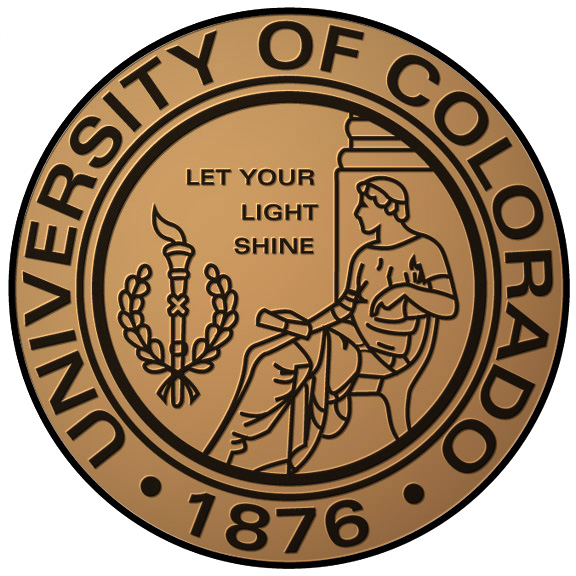Difference between revisions of "Theory of collective action"
m |
|||
| (2 intermediate revisions by one other user not shown) | |||
| Line 2: | Line 2: | ||
| − | == '''Theory of | + | =='''Theory of Interpersonal Behavior'''== |
---- | ---- | ||
| − | == Acronym == | + | ==Acronym== |
TCA (?) | TCA (?) | ||
| − | == Alternate name(s)== | + | ==Alternate name(s)== |
| − | == Main dependent construct(s)/factor(s)== | + | ==Main dependent construct(s)/factor(s)== |
| − | == Main independent construct(s)/factor(s) == | + | ==Main independent construct(s)/factor(s)== |
| − | == Concise description of theory == | + | ==Concise description of theory== |
The economic theory of collective action is concerned with the provision of public goods (and other collective consumption) through the collaboration of two or more individuals, and the impact of externalities on group behavior. It is more commonly referred to as Public Choice. Mancur Olson's 1965 book The Logic of Collective Action: Public Goods and the Theory of Groups, is an important early analysis of the problems of public good cost. | The economic theory of collective action is concerned with the provision of public goods (and other collective consumption) through the collaboration of two or more individuals, and the impact of externalities on group behavior. It is more commonly referred to as Public Choice. Mancur Olson's 1965 book The Logic of Collective Action: Public Goods and the Theory of Groups, is an important early analysis of the problems of public good cost. | ||
Source: http://en.wikipedia.org/wiki/Collective_action | Source: http://en.wikipedia.org/wiki/Collective_action | ||
| − | == Diagram/schematic of theory == | + | ==Diagram/schematic of theory== |
N/A | N/A | ||
| − | == Originating author(s) == | + | ==Originating author(s)== |
Mancur Olson | Mancur Olson | ||
| − | == Seminal articles == | + | ==Seminal articles== |
| + | Hardin, Russell (1982). ''Collective Action.'' Johns Hopkins University Press. Baltimore. | ||
| − | == Originating area == | + | Olson, Mancur (1965). ''The Logic of Collective Action''. Harvard University Press |
| + | |||
| + | ==Originating area== | ||
Sociology, Economics, Political Science | Sociology, Economics, Political Science | ||
| − | == Level of analysis == | + | ==Level of analysis== |
| + | |||
| + | ==IS articles that use the theory== | ||
| + | Wasko, M. M., Faraj, S., & Teigland, R. (2004). Collective action and knowledge contribution in electronic networks of practice. ''Journal of the Association for Information Systems'', ''5''(11), 2. | ||
| − | + | Zhao, K., Xia, M., & Shaw, M. J. (2011). What motivates firms to contribute to consortium-based e-business standardization?. ''Journal of Management Information Systems'', ''28''(2), 305-334. | |
| − | == Links from this theory to other theories == | + | ==Links from this theory to other theories== |
| − | == External links == | + | ==External links== |
http://en.wikipedia.org/wiki/Collective_action, Wikipedia entry on TCA | http://en.wikipedia.org/wiki/Collective_action, Wikipedia entry on TCA | ||
| − | == Original Contributor(s) == | + | ==Original Contributor(s)== |
<br> | <br> | ||
<br> | <br> | ||
Latest revision as of 04:51, 19 November 2020

Theory of Interpersonal Behavior
Acronym
TCA (?)
Alternate name(s)
Main dependent construct(s)/factor(s)
Main independent construct(s)/factor(s)
Concise description of theory
The economic theory of collective action is concerned with the provision of public goods (and other collective consumption) through the collaboration of two or more individuals, and the impact of externalities on group behavior. It is more commonly referred to as Public Choice. Mancur Olson's 1965 book The Logic of Collective Action: Public Goods and the Theory of Groups, is an important early analysis of the problems of public good cost.
Source: http://en.wikipedia.org/wiki/Collective_action
Diagram/schematic of theory
N/A
Originating author(s)
Mancur Olson
Seminal articles
Hardin, Russell (1982). Collective Action. Johns Hopkins University Press. Baltimore.
Olson, Mancur (1965). The Logic of Collective Action. Harvard University Press
Originating area
Sociology, Economics, Political Science
Level of analysis
IS articles that use the theory
Wasko, M. M., Faraj, S., & Teigland, R. (2004). Collective action and knowledge contribution in electronic networks of practice. Journal of the Association for Information Systems, 5(11), 2.
Zhao, K., Xia, M., & Shaw, M. J. (2011). What motivates firms to contribute to consortium-based e-business standardization?. Journal of Management Information Systems, 28(2), 305-334.
Links from this theory to other theories
External links
http://en.wikipedia.org/wiki/Collective_action, Wikipedia entry on TCA
Original Contributor(s)
Please feel free to make modifications to this site. In order to do so, you must register.
Return to Theories Used in IS Research